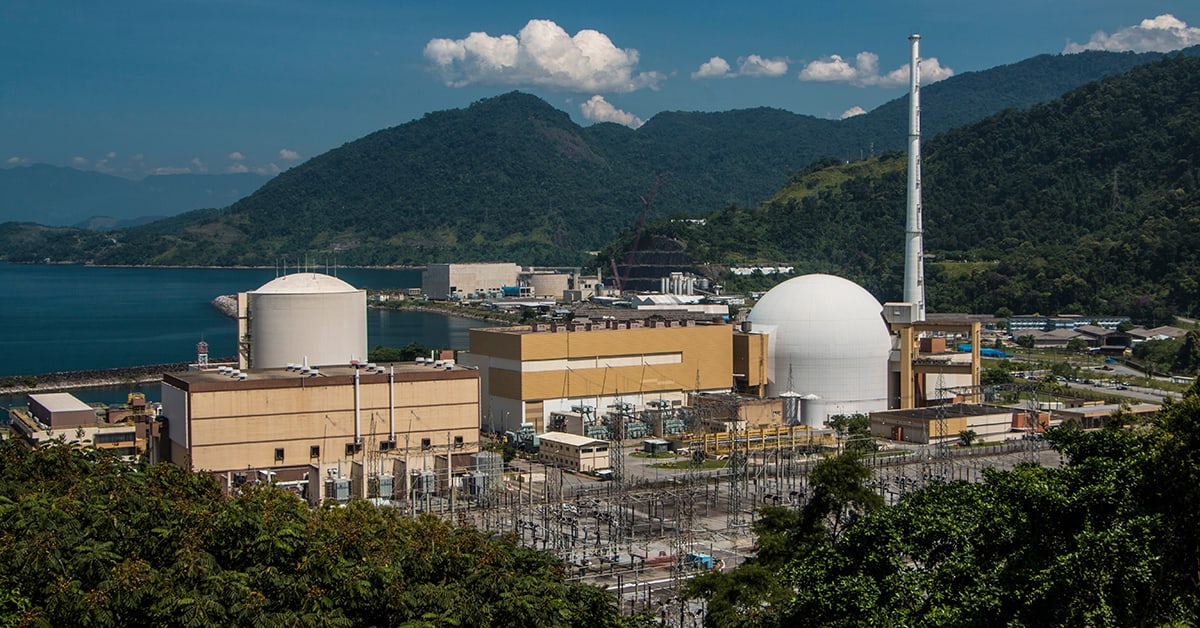The December power transmission auction will be the first launched by the Brazilian government in 2020.

Investors from all corners of the world will present their bets during a Brazilian electric power transmission auction on December 17 amid high expectations and anxiety on the part of local authorities. It will be the first of five auctions in the energy sector scheduled until late 2022 that together should inject a total of $5.2 billion direct investment into the country’s infrastructure.
At stake in the December auction is the construction, operation, and maintenance of 16 new transmission lines and 12 substations located across nine Brazilian states. The concession will stand for 30 years. The Electric Energy National Agency (ANEEL) estimates that this initiative should generate $1.3 billion in investments and create more than 15,000 new jobs. ANEEL’s data register a 7.84% average return for similar investments in power transmission between 2016 and 2019.
Companies from Spain, France, China, India, Italy and Switzerland expressed interest in this auction and took part in an October 2019 conference in which the authorities outlined the projects’ details. ANEEL officials estimate that around 20% of auction participants will be foreign and that the auction will culiminate a live voice bidding war among competitors.
“Brazil has almost 176,000 megawatts of installed capacity, about 158,000 kilometers of transmission lines, and 85 million consumer units. Our goal is to increase consumers’ power of choice, ensure supply adequacy with high shares of clean sources and distributed energy resources and provide our system with new technologies and business models,” said Bento Albuquerque, Brazilian minister of Mines and Energy during the conference. “And there is another reason why 35% of the total foreign capital invested in Brazil in 2019 were concentrated in Mines and Energy: foreign investors and their long-term investments are treated with respect and equality in Brazil,” he added.
The December power transmission auction will be the first launched by the Brazilian government in 2020. The pandemic prevented another one scheduled for mid-year. Two auctions are planned for 2021 and two more for the last year of the Bolsonaro administration’s mandate. The winners will have between 42 and 60 months to conclude the infrastructure works, but if they finish the projects earlier, they will enhance their earnings.
“It is good business. Because of it, we want to attract more investors that are not yet placed in Brazil,” said André Patrus, executive-manager of ANEEL’s Executive Auctions Secretariat.
For the success of this particular goal, the Brazilian Trade and Investment Promotion Agency (Apex-Brasil) is offering to potential foreign investors a team of analysts, in partnership with ANEEL. According to Roberto Escoto, investment manager at Apex-Brasil, although foreign investments in the country fell by 30% as of October, in comparison with 2019 data, Brazil is still one of the top-ten global destinations for FDI and will remain more attractive than some European markets and the United States. Electric energy is one of the key sectors expected to increase foreign direct investments to $72 billion per year by 2022.
“As we transition to thinking about what comes next after the pandemic, the power sector is a key priority for Brazil because it is globally competitive. Just consider that, in 2019, it alone generated $4.6 billion in foreign direct investment”, said Escoto.
Since the first electric energy auction in 1999, Brazil has held 50 such events constituting a huge and permanently increasing bidding system operated by Eletrobras. Over 21 years, the bidding process has improved and so has investors confidence in the legal certainty of the auctions. Patrus explained that the demand for electric power is constantly rising in Brazil and the system that provides it should always be strengthened. “The system itself is a robust vector of investments in other sectors,” he concluded.
In a country where environmental protection became a key issue for investors and more than 80% of the electric energy is renewable, ANEEL reminds winners of this auction that they will have obligation to comply with Brazilian legislation and the demands of environmental agencies. They also must respect the rules concerning the traditional and indigenous communities’ lands. Among the nine states to be crossed by new lines are Amazonas and Mato Grosso do Sul—both of which contain native forests devastated by wildfires. “The winner will have to adopt the correct decisions on these issues and must have conditions to do that,” said Patrus.
The performance of this auction could gauge global energy sector interest in a more ambitious bid—the privatization of Eletrobras, the major Latin American electric power company. Despite the two years delay in its launch, the sale of Eletrobras could be an important way to reduce the huge and growing public debt.



